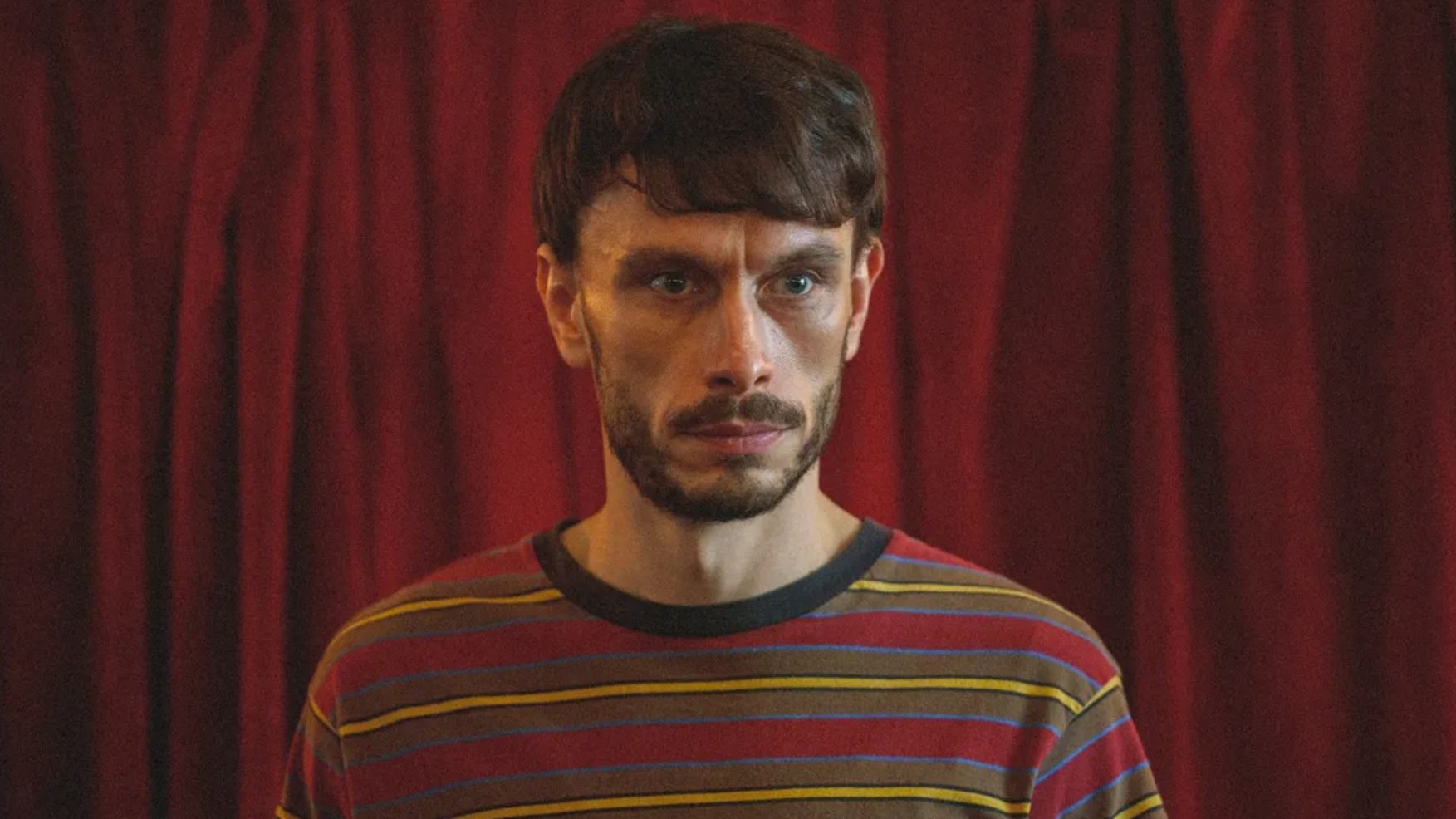If 2024 was the year the wheels finally came off (Trump 2.0 is enough, no need to enumerate the rest), then the best European music of the year has provided its appropriately introspective, disorientating and sometimes foreboding soundtrack.
A trio of albums from some of Europe’s most engaging female artists kicked off the year. Danish viola player Astrid Sonne has been previously known for her instrumentals melding the ambient, the baroque and the minimalist, but she finally found her voice on Great Doubt in January. That title was reflective of the uneven texture of the album, a woozy ride which alternated between nightmare and dream.
The changing mood of the diptych of tracks Everything Is Unreal and Staying Here, which shared mirror lyrics, was typical of Great Doubt, but there was also the unnerving juxtaposition of the opening tracks – the lilting, gossamer flute of Light and Heavy giving way abruptly to the jagged drums, sinister strings and detuned piano of Do You Wanna. In her almost soporifically gentle vocal, Sonne asks what is probably the ultimate existential question: “Do you wanna have a baby?/ Do you want to bring people/ Into this world?”
Thoughts of the next generation had been on the mind of 22-year-old Dutch pop sensation Froukje Veenstra when she sang “I want a future, I want a child/ I want a career, a garden, a family” on her breakthrough climate crisis-themed single Groter Dan Ik (Bigger Than Me) (2020). Her debut album Noodzakelijk Verdriet (Necessary Sadness) only came this January (she also gave her first interview in English to TNE in May), and it contained more of this deceptively upbeat protest music for Generation Z.
From Als Ik God Was (If I Were God) (“Thank you for my future, cloudy and stained”), to Naar Het Licht (To the Light) (“The leaves wither and youth is porcelain/ I would like to know if the world will end”), Froukje’s pessimism was unfiltered, but Noodzakelijk Verdriet found her dancing through the bewilderment, her perfect electronic pop songs having a kind of hesitant euphoria about them. If she wasn’t singing in guttural Dutch, she’d be a global star by now.
Lætitia Sadier’s Rooting for Love came hot on the heels of Froukje’s album and shared its existential angst, but it didn’t have the mitigation of the hedonistic coping strategies of youth. Sadier was born in Paris in May 1968 and political radicalism seems ingrained in her. During her time in Anglo-French eclecticists Stereolab, Sadier put a leftist manifesto over a musical bricolage that filtered the levity of 1960s pop through genres from krautrock to trip hop to create a jarring whole.
Rooting for Love was another wolf in sheep’s clothing. There was the impossibly laid-back French-language easy listening of Protéïformunité, which unexpectedly dissolved in a full-on freak out and was a challengingly deep slice of zen philosophising lyrically (“The goal is to dismiss ignorance/ To interrupt the endless cycle of suffering”). Then there was Don’t Forget You’re Mine, its soaring strings and Sadier’s trilling voice belying a chilling description of intimate partner violence. The LP’s title was suggestive of hope desperately struggling to overcome expectation, and this dreamy album with an underlying tension seemed almost an act of self-soothing in the face of trauma.
In the autumn, Belgian experimental jazz multi-instrumentalist Nala Sinephro, who like both Sadier and Sonne is based in London, released her extraordinary second album, Endlessness. A spectacularly intricate tapestry of sounds of huge maturity (Sinephro isn’t yet 30), the album collaged her own harp, piano and synth with the saxophone, drums and even flugelhorn of a group of local musicians. Less urgent than these other releases, it rather seemed to address the elemental in an entirely non-prescriptive way and was best listened to as a form of meditation.
Also ideally suited to mind-expanding contemplation in a darkened room was Spectral Evolution, February’s release from Rafael Toral, former member of Lisbon’s Pop Dell’Arte (a band who did exactly what it said on the tin). Bringing to bear the ambient innovations of Brian Eno on deconstructed classic jazz harmonies, Toral’s minimalist soundscape was utterly transcendent but at the same time connected to nature, as birdsong and the chatter of human voices seemed to loom from the sonic mists (the bird clinging to a branch that graced the album’s cover seemed an acknowledgement of this).
Toral describes himself as “bouncing between the music within sounds and the sounds beyond music”, and Spectral Evolution was often as discombobulating as that statement, wheeling between euphoria and unease, its use of a deeply ominous drone making it reminiscent of Wendy Carlos’s score for The Shining. Toral used a range of homemade electronic instruments to achieve this, and the result was an otherworldly soundtrack to a planet in freefall.
Bringing all this cosmic speculation back to human dimensions, and adding a much-needed injection of playfulness, was Belgian synthpop artist Bolis Pupul whose solo debut album, Letter to Yu, appeared in March. Two years ago his Topical Dancer LP, a collaboration with Belgian singer Charlotte Adigéry, explored the personal impact of sexual harassment and racism through witty songs built on irresistible electronic beats. On Letter to Yu, Pupul (real name Boris Kor Tom Zeebroek) got more personal still, the album addressing the loss of his mother, Yu Wei Wun, and taking inspiration from his first trips to her native Hong Kong.
Completely Half, exploring the tension of unbelonging for the dual heritage Pupul, was a standout track, using stereotypical “oriental” melodies in the same tongue-in-cheek way that Ryuichi Sakamoto did in the mid-1980s. Indeed, the feel of the whole album was deeply retro, and its synthpop sometimes positively joyous, as in the disorientatingly hedonistic Spicy Crab.
But by the closing track, Cosmic Rendez-vous, Pupul’s grounding in the specific corner of the globe from which the woman who gave birth to him resolves in a final appeal to the limitless: “Will you be able to contribute to the creative pool of the universe so that something remains permanent after you leave this planet?” he asks in Dutch. The individual processing their place not only in the world, but in the greater scheme of the infinite, seems a theme of troubled times.




